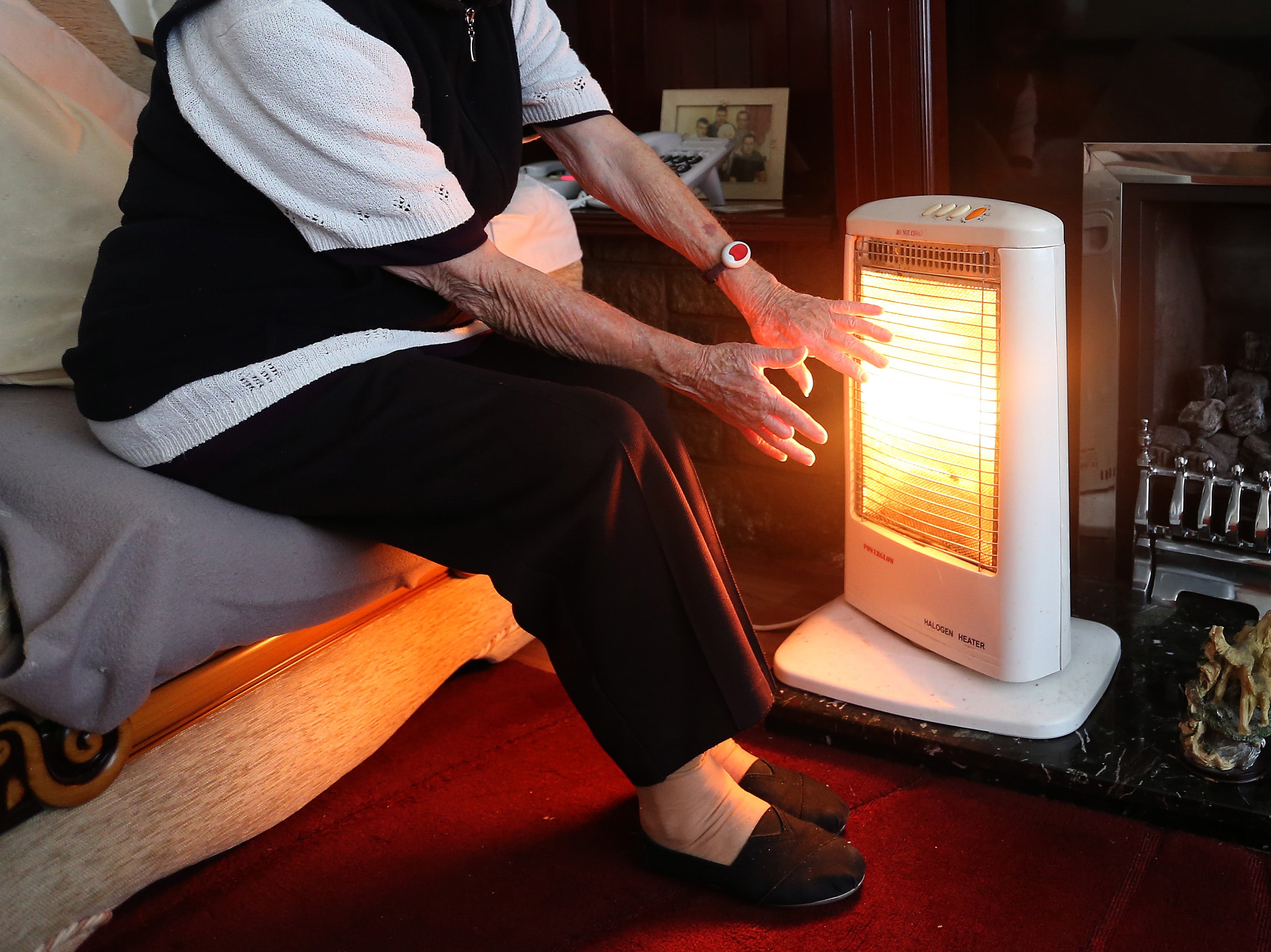UK homes among worst in Europe for energy efficiency, say experts calling for insulation plan
Liz Truss’s government faces ‘even more’ difficult position in winter 2023 without plan to fix leaky homes

The UK faces an even worse energy crisis next winter without a major insulation programme to fix the nation’s leaky homes, Liz Truss’s government has been warned.
Britain remains one of the very worst countries in Europe when it comes to the energy efficiency of its homes, according to a new report by the respect Institute for Government (IfG) think tank.
Ms Truss has pledged to cap average household energy bills at £2,500 for the next two years with her plan for the government to subsidise energy giants’ wholesale costs – expected to cost around £100bn.
But the government will continue to face huge bills and further borrowing to cover the cost of energy use, unless it commits to major schemes to improve efficiency and reduce demand, the think tank warned.
The IfG report states: “If the government focuses only on short-term financial support, and long-term measures unlikely to have a major impact, it will find itself in an even more difficult position in a year’s time.”
It warns: “UK households and business are likely to still be facing high energy bills in the winter of 2023 – quite possibly beyond that … Funding very high energy costs through borrowing, without a strategy to reduce demand, will prove unsustainable.”
The IfG said the UK’s housing stock is “the oldest and least energy efficient in Europe” and found Britain’s homes “use more energy than typical homes in other nations across the EU” – citing research from the Climate Change Committee.
The latest report also pointed to a 2020 study which found that a UK home with an indoor temperature of 20C and an outside temperature of 0C lost on average 3C of heat in five hours – higher than comparable countries in Europe.
Home insulation installations have plunged by 50 per cent this year as the government wound down a failing grant scheme, adding to the pain of soaring energy costs.
Criticising a “lost decade” on the retrofitting of homes and lack of ambition, the think tank urged the government to consider a mixture of grants, loans and tax incentives.
The IfG believes a major efficiency programme could have an impact quickly. The think tank cited analysis suggesting that a major programme to reduce energy use, including boosting insulation, could reduce Britain’s household energy costs by £27bn as early as 2023.
There are growing fears that the government’s failure to roll out a public campaign to reduce energy use could increase the risk of blackouts this winter.
But Ms Truss is thought to be resisting calls for a campaign to encourage the public to turn off devices and turn down their thermostats, as many countries in Europe have done in recent weeks.
“Work was commissioned in this area and rejected by ministers in the last government. The prime minister agrees with that position,” one government source told The Sunday Times.
Ms Truss announced the energy price guarantee hours before the Queen’s death on Thursday – limiting the price suppliers can charge for units of gas and capping average annual household bills at £2,500 for two years, while pledging similar support for businesses for at least six months.
No 10 has said it does not believe the 10-day mourning period will have any impact on the policy, since officials will continue to work on the details and MPs are not required to pass legislation.
But the chancellor Kwasi Kwarteng, yet to set out how much it will cost, has only a narrow window to reveal the fiscal details of the package between the end of the mourning period and the beginning of conference recess on 22 September.




Join our commenting forum
Join thought-provoking conversations, follow other Independent readers and see their replies
0Comments